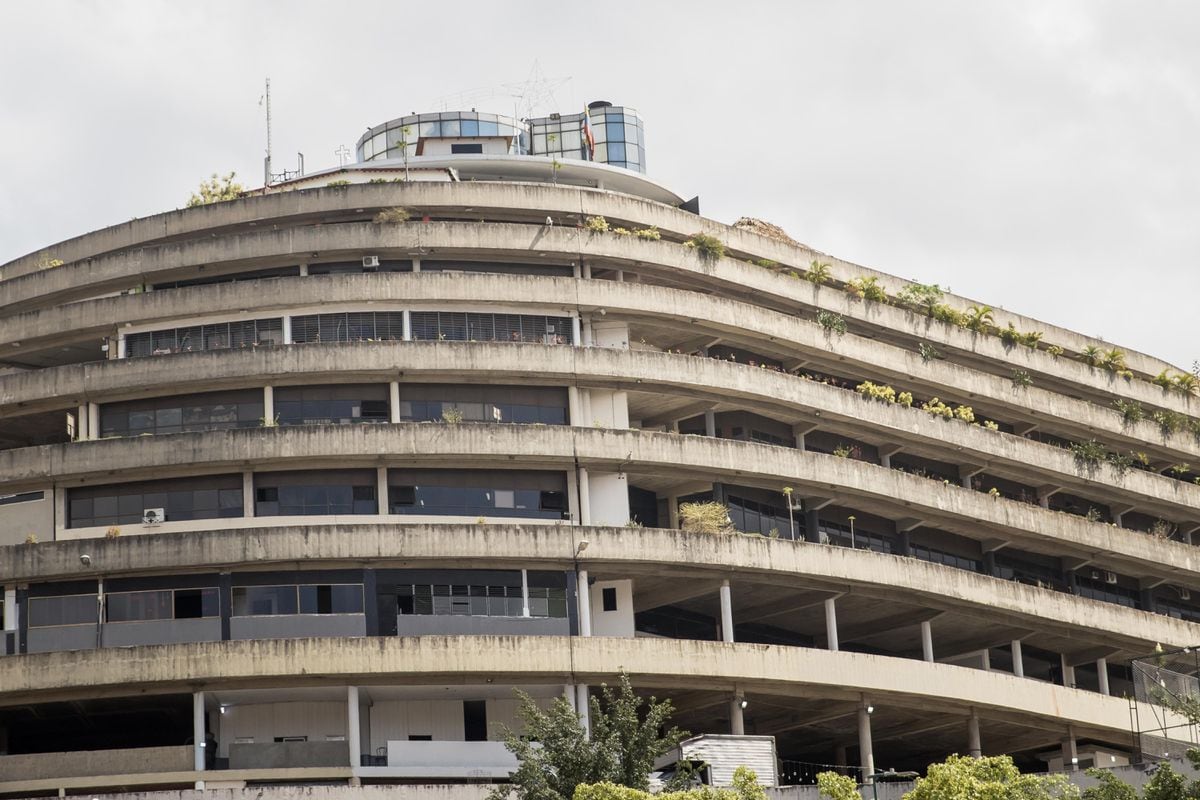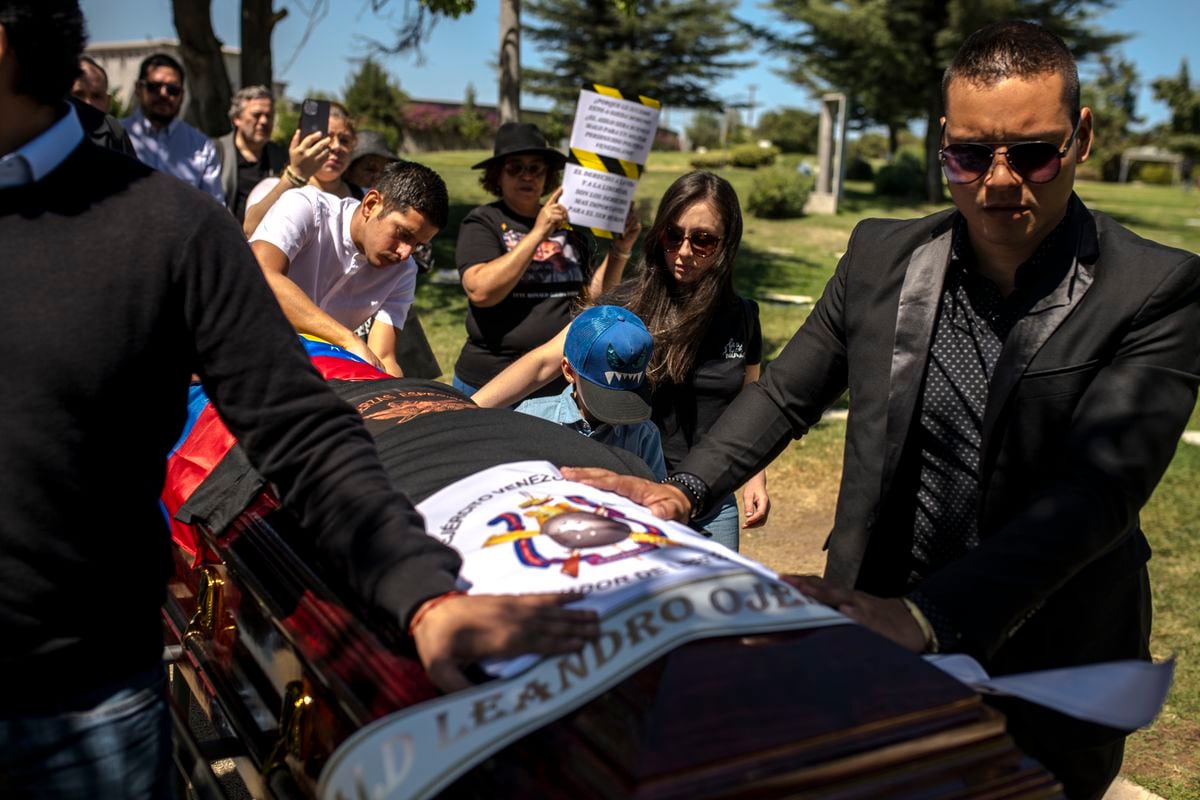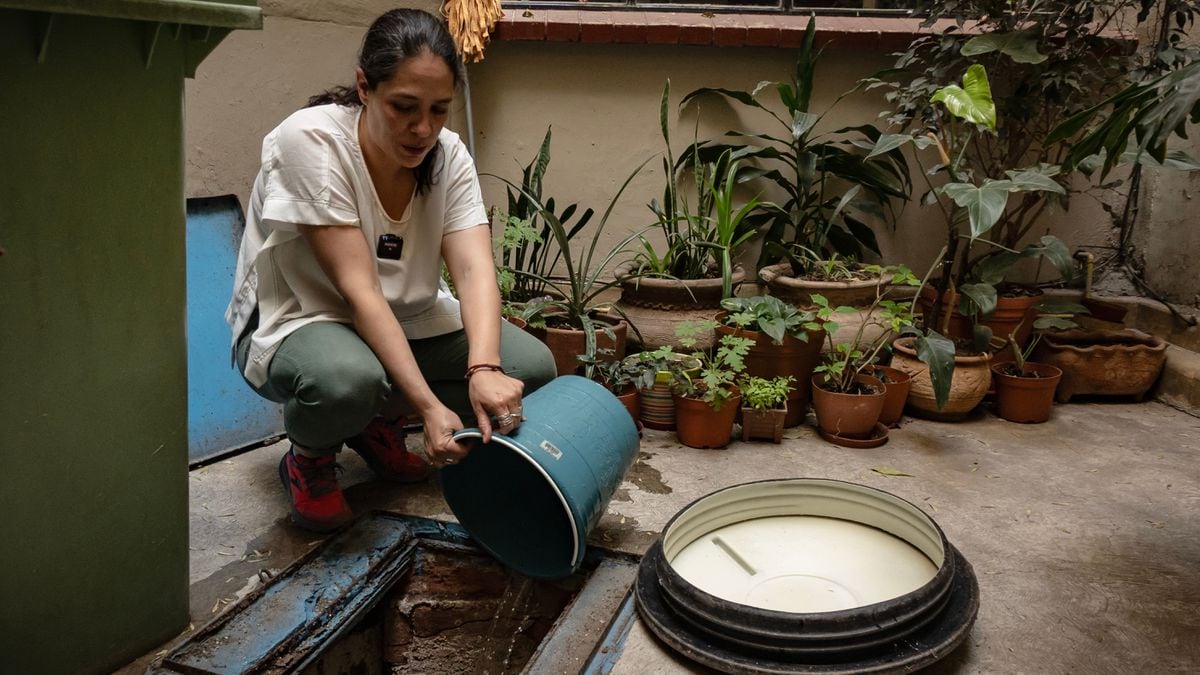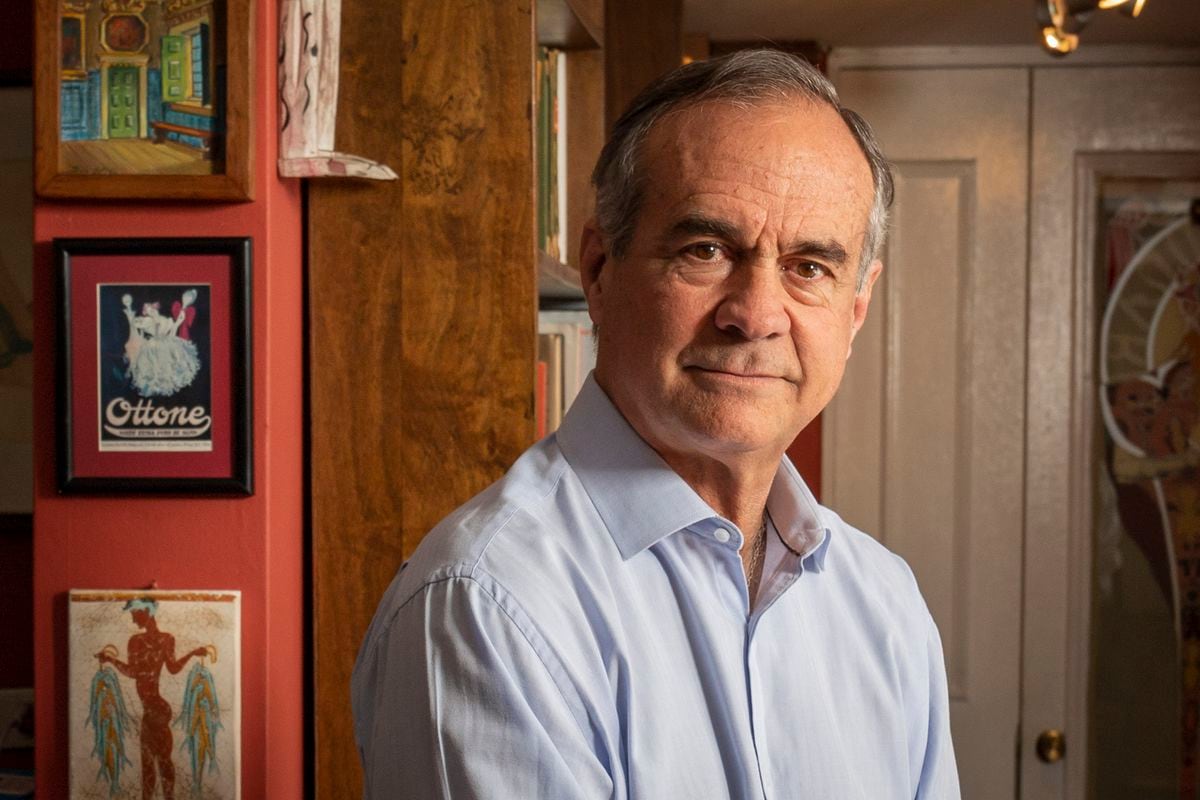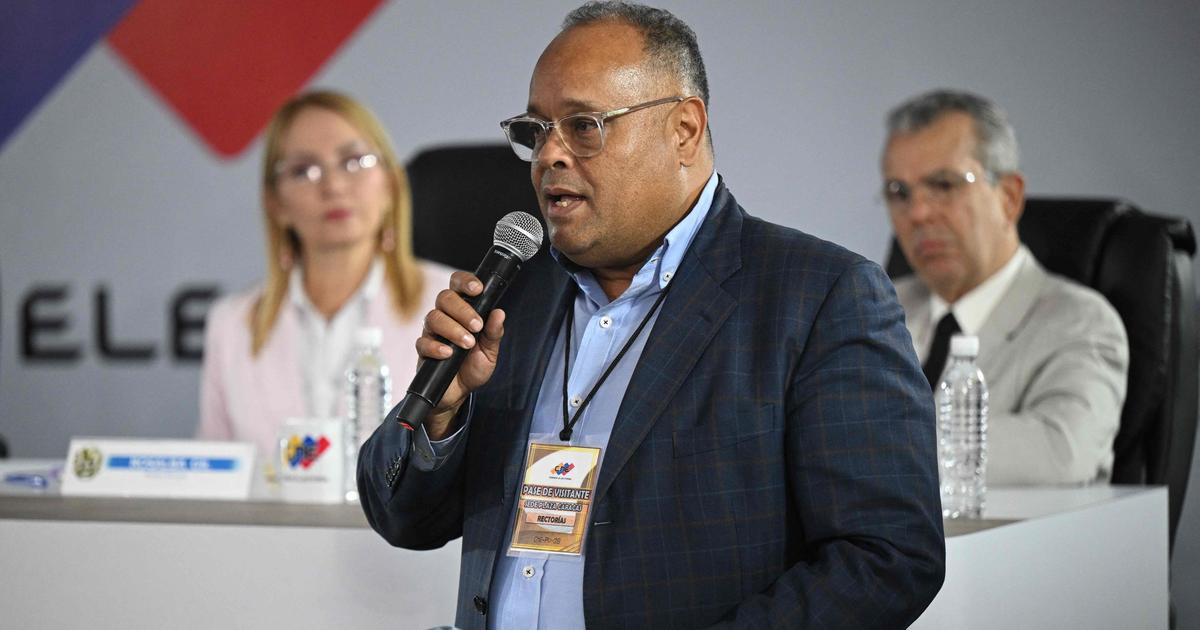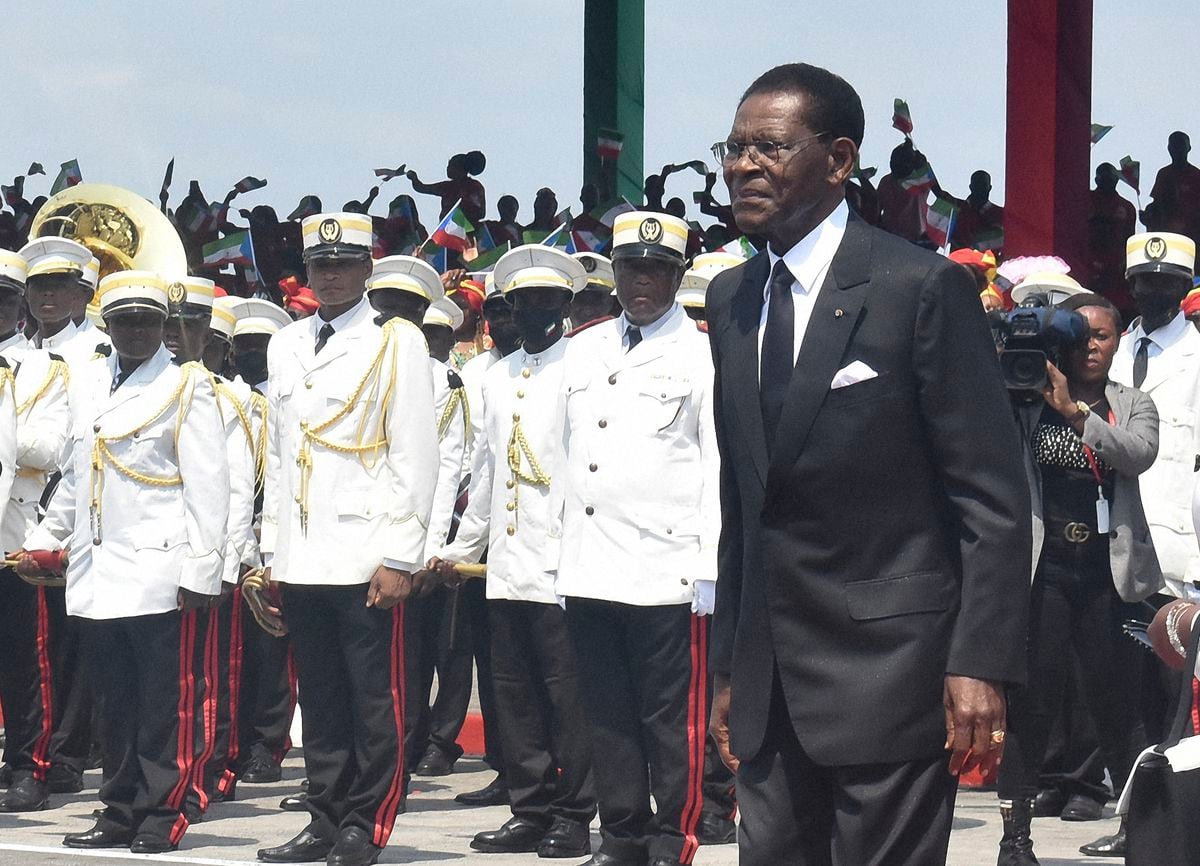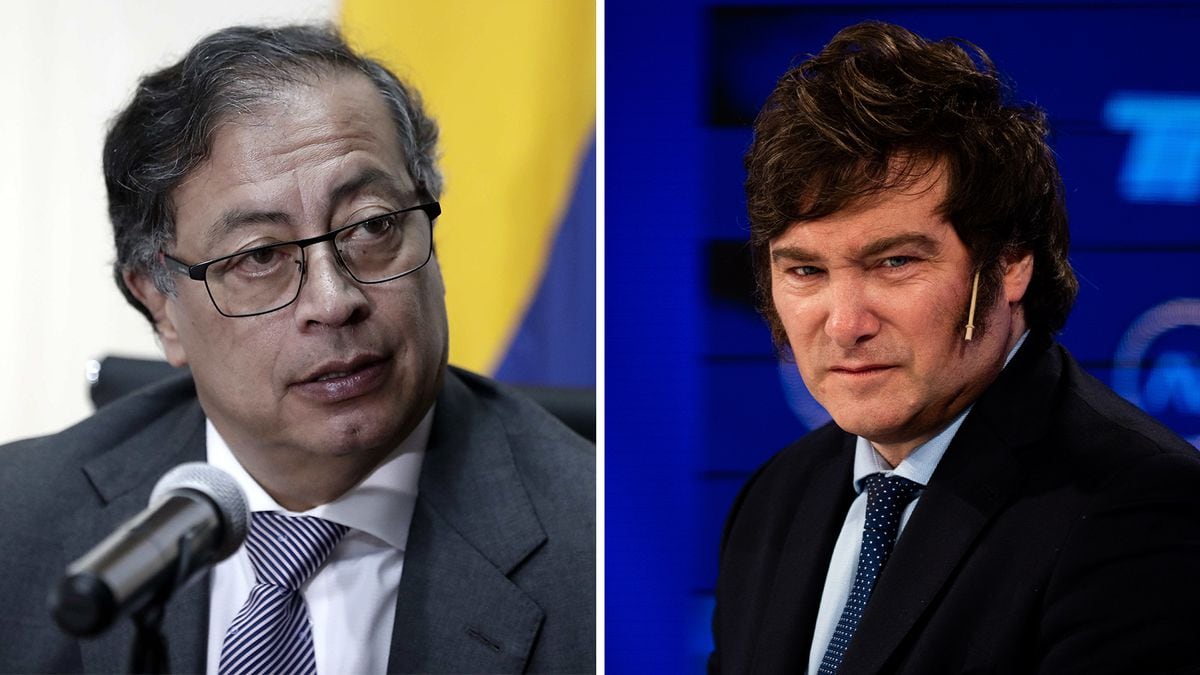The president of Venezuela, Nicolás Maduro, at the Miraflores Palace this week. Rayner Peña R. (EFE)
To a place known as “el cerro”, 30 minutes by car from the headquarters of the Directorate of Military Counterintelligence (Dgcim) in Caracas, detainees were taken, all wearing hoods, given a shovel and forced to dig what would be their graves.
Then the officials simulated shooting them by firing a few shots into the air.
This place and 16 other sheds, farms, land or ministry headquarters have been used as clandestine torture centers by intelligence agencies in Venezuela, both civilian and military, according to the third report of the Independent Mission to Determine the Facts ordered by the United Nations, presented this Tuesday.
One victim told the mission that in another of these houses located in the La Mariposa area, a suburb of Caracas,
he was sitting next to another detainee who repeatedly pleaded for his life.
After a while, the witness, who was hooded and unable to see, heard a shot and the sound of a body falling to the ground.
“The Dgcim agents who took him there began to laugh and use homophobic insults against him before taking him back to Boleíta,” the report says.
The new report describes patterns and modes of action of a system of persecution of dissidents of the Government of Nicolás Maduro based on 122 cases that occurred in 2017, 2018 and 2019 -the years with the most arrests- for those who spoke with victims, witnesses and former officials of intelligence agencies.
“Our investigations and analysis show that the Venezuelan state uses the intelligence services and their agents to repress dissent in the country.
This leads to the commission of serious crimes and human rights violations, including acts of torture and sexual violence.
These practices must cease immediately and those responsible must be investigated and prosecuted in accordance with the law,” said Marta Valiñas, president of the UN Fact-Finding Mission.
“Crimes against humanity, committed through State intelligence agencies, orchestrated by people at the highest levels of authority, have taken place in a climate of almost total impunity.
The international community must do everything possible to guarantee the victims' rights to justice and reparation,” added Francisco Cox, a member of the mission.
The researchers present for the first time details about the chain of command to commit torture, also about a system of economic incentives for the number of arrests achieved and recruitment of torturers within the ranks of security agencies and also from the arm of the so-called collectives, the armed shock groups related to Chavismo.
Among those responsible identified by the people interviewed by the Mission are Nicolás Maduro, the first lady Cilia Flores, the deputy and vice president of the PSUV, Diosdado Cabello and Tareck El Aissami, the current Minister of Petroleum, all from the closest circle of the Government, mentioned because They ordered the arrest of people.
The officials with the most mentions in the report, however, are Iván Hernández Dala, director of the DGCIM and head of the military house that guards Maduro, and Gustavo González, director of the Bolivarian Intelligence Service, respectively, who have resisted for years. the rotation in high military positions and the already known complaints of human rights violations without being removed from their positions.
Hernández Dala arrived at military intelligence in 2014, appointed by Maduro to replace Hugo Carvajal, today a dissident from Chavismo and detained in Spain awaiting extradition to the United States.
The investigators refer to the testimony of a senior official of the agency to point out that between Hernández Dala and Maduro there was a recurring exchange of information and that he had access to resources to modernize the intelligence apparatus with weapons and surveillance systems such as the telephone booths that they installed in the headquarters for the lawyers to speak with the detainees and could be clandestinely monitored.
Regarding the chain of command, the report specifies: “A former FANB officer told the Mission that the orders related to non-political objectives follow the regular chain of command within the Dgcim.
However, according to various sources, in the case of political objectives, President Maduro approves and sometimes also orders the detention of real and perceived opponents of the Government.
A former Dgcim employee told the Mission that Hernández Dala was taking investigative reports to President Maduro for his approval.”
According to the investigations, in 2013 they began to investigate all officers who traveled abroad to countries considered hostile, such as the United States.
The report delves into details about the system that supports this network of persecution and torture.
A former detainee told the Mission that there are five brigades in charge of carrying out arbitrary arrests and carrying out acts of torture against detainees inside the Helicoide.
However, according to the sources consulted, the heads of the agencies use a system to recruit potential perpetrators by identifying those who enjoy watching acts of torture.
“The Mission received information that those who participated in acts of torture 'would look good in front of those above.'
Consequently, if they carried out what was entrusted to them, they were rewarded.
They were given promotions, chosen for courses and earned respect in the institution.
They acted with the conviction that the most loyal would be protected and rewarded,
So far there have been no reactions from the Maduro government to the harsh accusations that also support a complaint against crimes against humanity that is being investigated by the International Criminal Court.
The president posted a tweet to remember Hugo Chávez's speech at the United Nations, in which he criticized the United States as the eternal ideological rival of the left, pointing out that "it smelled of sulfur."
The investigators have not been able to come to the country to carry out investigations on the ground, because the Government does not authorize their presence.
More than 200 interviews support the investigation for this report and another that details the human rights violations in the Orinoco Mining Arc, which could be the last if the mandate of the mission ordered by the then government is not renewed for two more years. High Commissioner Michelle Bachelet.
Last week Brazil, Canada, Chile, Guatemala, Paraguay and Peru reported that they will introduce a resolution to the United Nations Human Rights Council on September 26 for the mission to continue the investigations.
Follow all the international information on
and
, or in
our weekly newsletter
.


